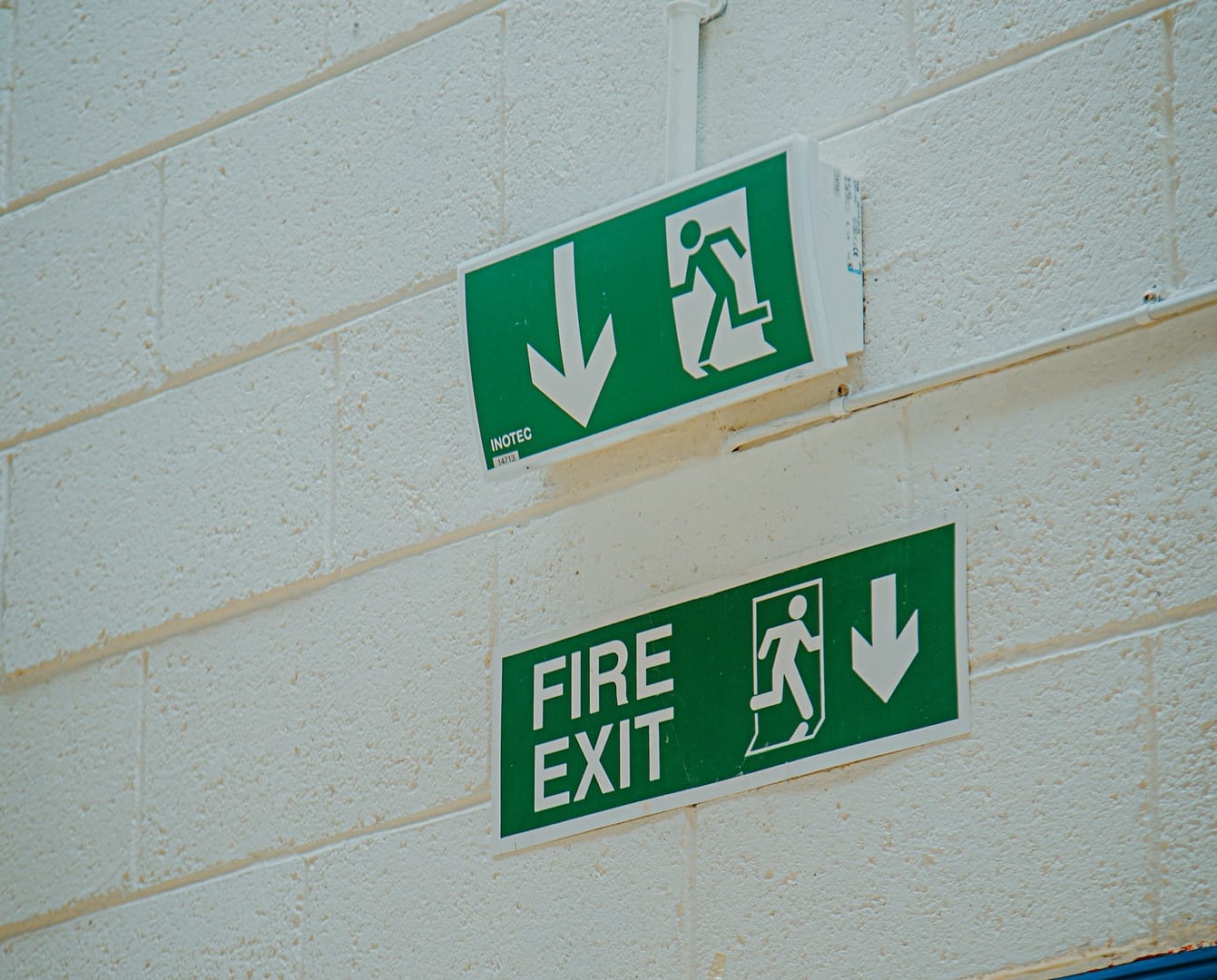You might be going about your day, running errands, enjoying a walk, or simply relaxing at home, when, in an instant, an accident occurs. Whether it’s slipping in a supermarket, tripping over an unseen obstacle, or being involved in a car accident, you suddenly find yourself in pain and struggling to move as you normally would. After seeking medical attention, you learn that you’ve broken a bone or sustained a fracture.
If your injury occurred due to someone else’s negligence, whether through a slip, trip, fall, or road traffic accident, you may be entitled to compensation. Understanding your legal rights and the claims process is crucial to ensuring you receive the compensation you deserve.
This article will guide you through the process of making a compensation claim for a broken bone or fracture. We’ll explain how compensation works, the types of damages you may be entitled to, and provide practical advice on navigating the legal system effectively to secure your rightful compensation.
Understanding Broken Bones and Fractures
Before diving into compensation for broken bones, it’s essential to understand what we mean by “broken bones” and “fractures.“
A broken bone refers to a bone that has been fractured or cracked due to an external force, whether from an impact, a fall, or another traumatic event. The severity of the fracture can vary, ranging from minor hairline fractures that require minimal treatment to compound fractures where the bone is shattered or protrudes through the skin. In personal injury claims, these are all types of bone injuries that could qualify for fracture compensation UK. While the term fractures is often used interchangeably with broken bones, it’s also used to describe specific types of breaks such as stress fractures or hairline fractures. If your injury was caused by someone else’s negligence, you may be eligible to start a broken bone claim UK and use a broken bone compensation calculator to estimate your fracture injury claim.
When Can You Make a Compensation Claim?
When Can You Make a Compensation Claim?
If you’ve suffered a broken bone or fracture injury that wasn’t your fault, you might be eligible to make a compensation claim. However, there are specific circumstances that must apply for you to be entitled to a fracture compensation payout.
You can seek compensation for fractures if the fractured or broken bone was caused by
1. ✅ Accidents at Work
If you were injured while working due to unsafe conditions, lack of training, or employer negligence, you have the right to make a broken bone claim UK. This could include trips and falls, machinery or equipment malfunctions, or being struck by falling objects. You may be entitled to workplace bone injury compensation, especially if your employer breached health and safety regulations.
2. 🚗 Road Traffic Accidents
Were you involved in a car crash as a driver, passenger or pedestrian? If the incident was caused by another party’s negligence – such as speeding, distracted driving, or driving under the influence – you may be entitled to road accident broken bone payout UK.
3. ⚠️ Slip, Trip and Fall Accidents
Slipping on a wet floor, tripping over uneven pavement, or falling in a poorly maintained public area can result in painful fractures. If these incidents occurred due to negligent property management, you can pursue a slip and fall broken bone claim UK. A personal injury claim for broken bones in such situations is often successful when supported by evidence like photos or incident reports.
4. 🏥 Medical Negligence
Sometimes, fractures may result from medical negligence, such as a misdiagnosis or mishandling during treatment. If you were harmed due to a healthcare provider’s error, you may have the right to claim compensation for bone fractures. These medical negligence bone injury claims require expert assessment, but they are entirely valid under UK law.
5. 🏠 Accidents During Leisure or at Home
Injuries sustained during sports, leisure activities, or even at home can lead to fractured bones. If your injury occurred due to unsafe equipment, poor maintenance, or negligent supervision, you could file a legal claim for bone fractures in the UK. This is especially true for injuries at public gyms, amusement parks, or rented properties.
Claims Process for Broken Bone and Fracture Compensation
If you’ve decided to pursue a compensation claim for broken bones, the process generally follows these steps:
1. Seek Medical Attention
First and foremost, it’s crucial to seek proper medical treatment for your injury, whether it occurred at work, on the road, or in a public space. Not only is this important for your recovery, but medical records also provide vital evidence for your fracture compensation claim. Ensure you follow your doctor’s advice closely.
2. Report the Accident
If your injury occurred at work, on the road, or in a public space, it would strengthen your case to have the accident reported to the relevant parties, such as your employer, local authority, or insurance company.
3. Gather Evidence
Collect as much evidence as possible to strengthen your case. This can include:
- Photos of the scene where the accident occurred.
- Witness statements from anyone who saw the incident happen.
- Medical records showing the extent of your injury and treatment.
- Receipts for any expenses related to your injury.
4. Legal Guidance
If you’re unsure about your claim, don’t hesitate to reach out to National Claims. We understand your situation and are here to assist you. Our team will connect you with a qualified solicitor who can assess your case and help you navigate the legal process with confidence. Let us support you in securing the compensation you deserve. They will assess the strength of your case, help gather evidence, and ensure that you pursue the right compensation for your injury. Most solicitors offer a free consultation, and many work on a “no win, no fee” basis, meaning you only pay if your claim is successful.
5. Negotiating a Settlement
Once your claim is submitted, the responsible party (or their insurance company) may make an offer. Your solicitor will review the offer and negotiate on your behalf to ensure it’s fair and covers all your losses. If a settlement can’t be reached, the case may go to court.
In the UK, the vast majority of personal injury claims, including those for broken bones and fractures, are resolved without proceeding to court. According to the Civil Justice Statistics Quarterly, July to September 2023, approximately 90% of personal injury claims are settled before reaching trial.
6. Receiving Compensation
If your claim is successful, you will receive compensation for your injuries and associated losses. Your solicitor will ensure you are compensated for both your general damages (pain and suffering) and special damages (lost earnings, medical expenses, etc).
How Much Compensation Can You Expect?
| Injury Type | Compensation Range |
|---|
| Broken Wrist | £4,310 – £73,050 |
| Tibia/Fibula Fracture | Up to £14,450 |
| Femur Fracture | £11,120 – £17,810 |
| Leg Fractures (General) | £21,920 – £165,860 |
| Minor Broken Ankle | Up to £15,370 |
| Severe Broken Ankle | £15,370 – £85,070 |
| Fractured 5th Metatarsal | Up to £16,770 |
| Broken Foot | £16,770 – £85,460 |
These figures, based on the Judicial College Guidelines, serve as general benchmarks and are not guaranteed. Each case depends on its unique circumstances, including the nature of the injury. After reviewing your medical report, your solicitor will provide a more precise compensation estimate.
The amount of compensation for a broken bone you can receive depends on several factors, including:
- The severity of the fracture.
- The duration of your recovery and any ongoing symptoms.
- The impact of the injury on your daily life.
- Whether there are any long-term effects or complications.
In general, compensation for a broken bone can range from a few thousand pounds for a minor fracture to tens of thousands for more severe injuries, such as multiple fractures or those requiring long-term care.
Final Thoughts
Suffering a broken bone or fracture can be a painful and disruptive experience, especially if the injury was caused by someone else’s negligence. Fortunately, you don’t have to face the consequences alone. The legal system in the UK provides a clear path to compensation, ensuring that you receive the support you need to recover both physically and financially.
Free Consultation with National Claims
Start with a free consultation with us, where we’ll listen carefully to your experience and assess the extent of your injury. We’ll provide you with guidance on whether you have a strong claim, helping you understand your rights and options.
*No Win, No Fee
At National Claims, we believe that everyone deserves access to legal support when dealing with personal injury. That’s why we work on a “No Win, No Fee” basis—meaning you won’t pay any upfront legal fees. The solicitors fees are payable fees if your claim is successful, allowing you to take action against medical negligence without financial worry.
*Customers pay up to 25% (incl. VAT) of the amount recovered towards solicitor costs and if you cancel outside your cooling off period, you may be charged a fee.

We’re proud of our excellent customer reviews
We thrive on delivering exceptional service and ensuring our clients’ satisfaction. Don’t just take our word for it. Check out some of our independent reviews to see what our clients have to say.
Excellent

This firm is excellent, they sorted out my car pay out and injury claim very fast, they always communicate with you all the time.

My accident case was dealt with confidence and with great result of the outcome, especially James kept me informed all the time.

I was very impressed at the way my inquiry was treated. I was listened to attentively and everything I needed to know was explained to me.






